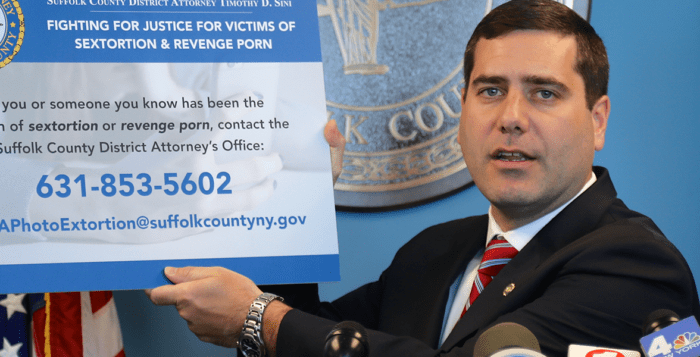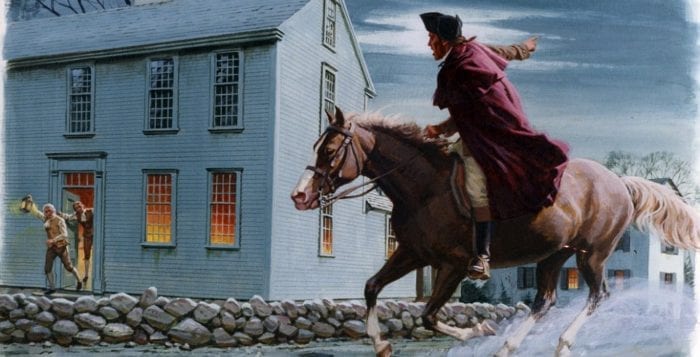The house on Lower Rocky Point Road in Sound Beach, a relatively quiet, two-lane road that parallels the North Shore coastline is somehow indicative of comfortable, suburban living. The house is quaint and the front yard is loaded with lawn ornaments. Now there’s something hauntingly disturbing at the sight of it.
On April 25, the Suffolk County district attorney announced a multicount indictment of a resident of that Sound Beach house, Raymond Rodio III, for allegedly keeping over 20 women in a cycle of drugs and prostitution over several years, often using that basement for activities related to that prostitution. The parents said they didn’t know. Comments from community members online were similarly flummoxed. Nobody expected a story like that to come from such a neighborhood.
Nobody ever does.
Everyone knows about the opioid epidemic. It’s said you don’t have to stick your arm out too far before you brush against someone who has been impacted by the crisis. For years it has ravaged Long Island, and only with concerted and multiyear efforts from community activists, journalists and policymakers are we finally starting to make efforts from the ground level up. Local legislators and school districts continually host Narcan training courses to aid overdose cases, and with the New York State budget, an expanded access to medication-assisted treatment has become available in both the hospital and jail settings.
Residents have commented online there are houses they suspect are involved in drug dealing, but why would anybody expect that this case also has allegedly been involved in human trafficking?
That’s just the thing — perhaps people need to be more alert to prevent these crimes.
Rodio was allegedly operating this illicit scheme for five years or maybe even longer. He got away with it for that long only until thankfully during an unrelated traffic stop an officer recognized that the woman passenger in Rodio’s car showed signs of being in a forced prostitution situation.
Prostitution? On the North Shore? Yes, it does happen here, and it doesn’t just take place in seedy motels or in illicit massage parlor operations. It happens at reputable hotels, and online, through well-known websites like craigslist or on dating apps like Tinder. It’s likely that people as young as 15 years are involved. These sex traffickers often recruit online through social media or find young women with poor family lives or with existing drug problems.
It can happen anywhere. The case in Sound Beach more than proves it.
It’s time for parents and teachers to learn about this issue, one that has only grown with the opioid epidemic. Children need to learn the dangers beyond drugs, and adults should learn the warning signs to notice young women who might be involved in these truly horrific situations.
Many North Shore communities have continued to step up in the overwhelming face of the opioid crisis. We can take a stand against this issue as well.
















